|
This can now be seen on the 'Official Business' page. You will note there is to be a discussion of water management (Item 12)
0 Comments
We need an article about keeping bees on your allotment, ideally tailored to the local conditions. Could you be the one to write it? Please get in touch if so!
This is a dry spring (so you've noticed?). We've got used to wet weather over the past couple of years, but it's not normal for this part of the UK and we often have long spells of dry weather. It's tempting to reach for the hose. But about 95% of water hosed onto our allotments is totally wasted and, so far from not even doing any good, does actual harm. This wouldn't matter if water was free. The fact that we don't pay for it by the gallon doesn't mean it doesn't cost us. THE BILL FOR THE WATER FOR THE ALLOTMENTS IS MORE THAN ALL THE MONEY WE PAY IN RENT. You noticed your rent went up this year. Want to know why? Wasted water is a huge part of the answer. So how is 95% of the water wasted? Because it never reaches the roots. Spraying water from a hose wets only the very surface, and in dry weather that just evaporates straight off. You might as well pour it down the drain for all the good it does. But surely it can't do any harm? Wetting the surface of the soil creates a caked 'pan'. Seedlings find it hard to push through this and you will see poor germination. Wetting the surface draws the roots of established plants up to the top, rather than encouraging them to go deep and seek the water still in the lower levels of soil. Shallow roots don't anchor the plant well, they are less efficient at extracting valuable minerals (which you have washed out of the top of the soil) and they are vulnrable to drying out of you relax the watering regime for a moment. Too much water on the soil damages the structure, making it harder to cultivate and less hospitable to roots. If we carry on wasting water the way we are, the council will inevitably be forced to bring in measures to restrict its use. This will affect everyone, but those who are currently using far more water than they need will of course feel it most. Experienced gardeners like Tony Fagg, our longtime Show Secretary, do hardly any watering - only newly planted cabbages and suchlike. They know that the plants will root deep to find the water down there. If we get a real drought, put the water on in cans - without a sprinkler!!! Two cans full poured straight on the roots of a row of plants will deliver real water where it is needed, soaking in to the lower levels and lasting the plants for ages. To check this for yourself, try filling a 7 litre can from your hose. See how long it takes? See how little water your hose is actually delivering when you spray it around? Hmmmmmm.
For clever tips on making the most of water and saving yourself a lot of unnecessary work, go to our advice page USING WATER WISELY Though it was a shame we weren't quite able to get enough people for the guided tour to run, our group trip was very jolly indeed and Sissinghurst in the full glory of its spring show. The Lime Walk, Nuttery and Dleos (the areas designed by Vita Sackville West and Harold Nicholson specifically for spring colour) were absolutely spectacular. A bright breezy day meant it was warm and dry enough for outdoor picnics but there weren't the hoards of people who can sometimes make a visit a bit overcrowded. Some of us were particularly keen to see the newly-established vegetable and fruit garden, which is intended to provide produce for the restaurant and was started in 2009. It was clear that most of the work had been done very recently, with the fruit bushes only planted a few weeks before. A huge amount of effort had gone into the various support structiures - showy and expensive, with flashy techniques - but it was agreed the soil preparation seemed to have been lamentable. The garden is advertised as using 'no dig' beds. It would seem they use a pared-down version of this where dusty, poor-quality bagged compost made mostly of composted bark is simply poured a couple of inches deep over the heavy, unimproved soil of pastureland which has had the turf stripped off. There was no topsoil as such to be seen - very strange. As my old granny would say, "All fur coat and no knickers"
. . . and you fancy something a little different to the usual Moneymaker and Gardener's Delight? Marshalls are offering a collection of unusual tomato plants for the greenhouse. Not cheap, but better value than most garden centres at 6 plants for just under £7, and then if you've left it too late . . . click on the pic to go to their offer.
Jackie could do with some help rotovating her potato patch. If you are able to rescue her, could you contact me on [email protected] and I'll put you in touch! Thank you.
Wilkinsons' still have plenty in a wide range of varieties in their 'fill-a-bag' range, and are open this weekend (not Sunday). Most of the stock is still in very good condition and the prices are very keen; we filled the £2 size bag and it had 3.3kg in it!!!!
Thomas Etty aren't well known yet as a seeds merchant. They specialise in heritage seeds of both flowers and vegetables. Their list is charmingly laid out with Victorian style graphics, but there are treasures lurking in the catalogue. Some of the seed varieties are reasonably well-known - we were surprised to see that 'Purple Cape' cauliflower dates back to the Regency period - while others, such as kale 'Couve Trochuda' are definitely heritage material with origins lost in the mists of time.
Browse their catalogue and website to discover the fascinating history of our garden vegetables and flowers. Thomas Etty offer a discount for allotment societies and if anyone is interested in ordering - either now or for 2016 - we could put together a modest-sized group order and save 10-20% on prices which are quite reasonable to start with. |
This website is happy to publicise all garden-related events.
|

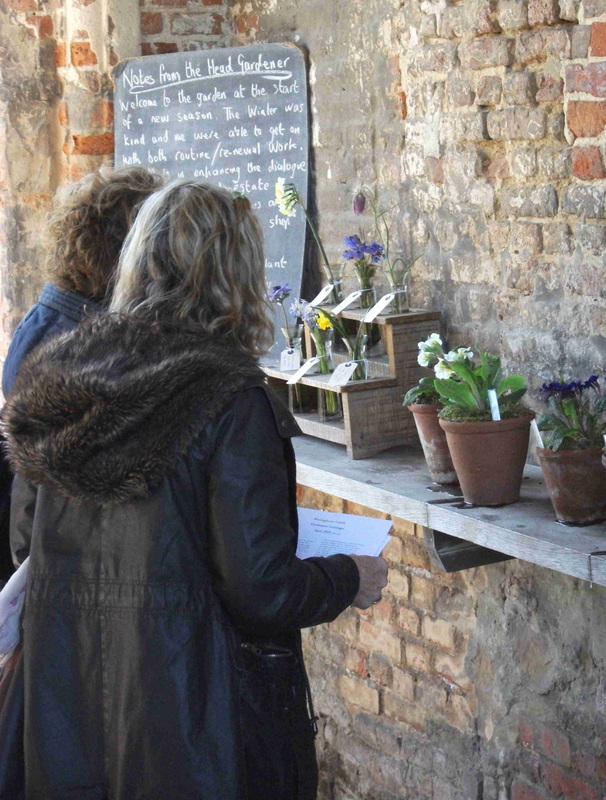
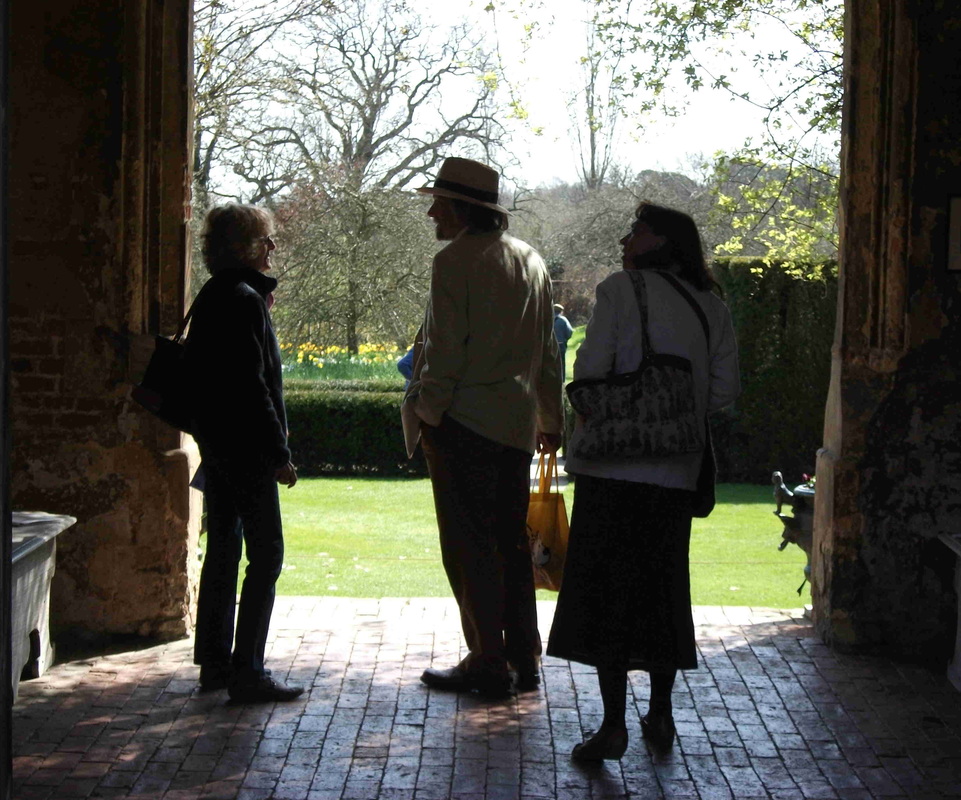
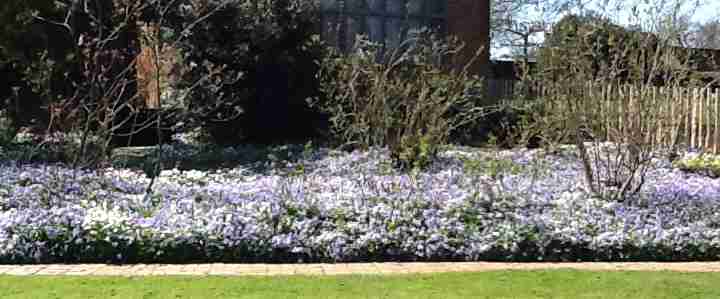
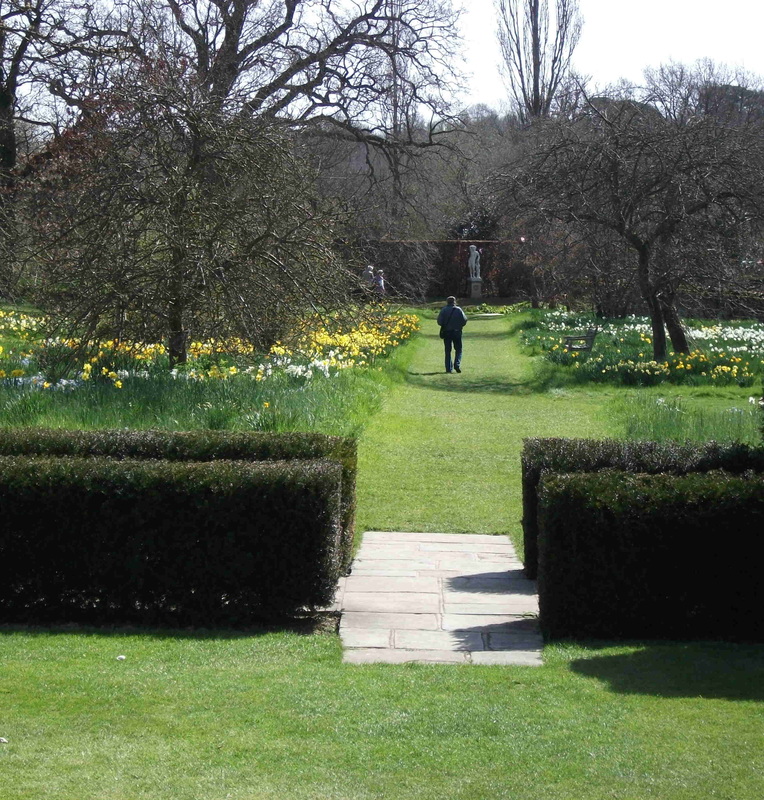

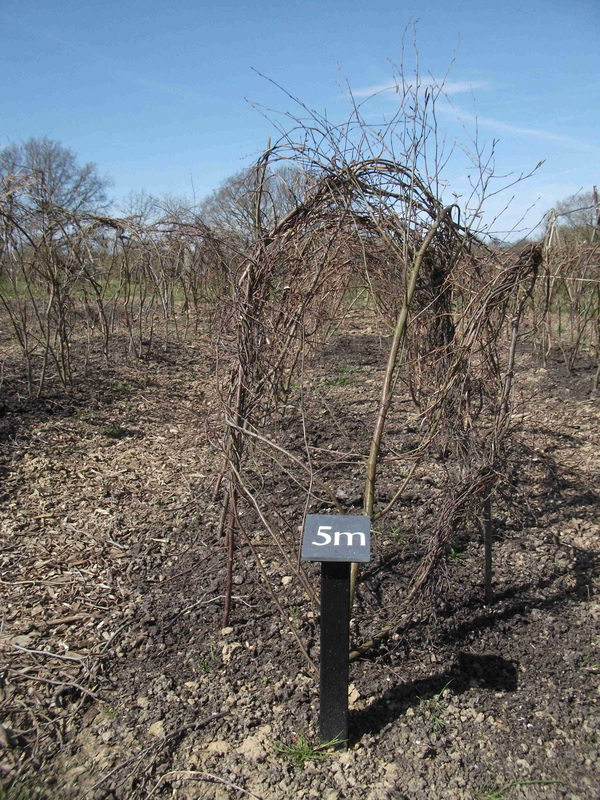
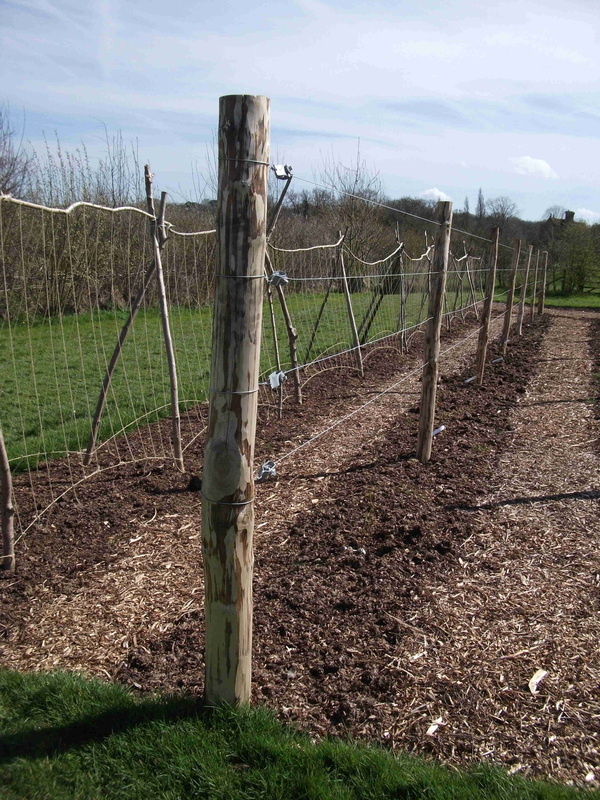
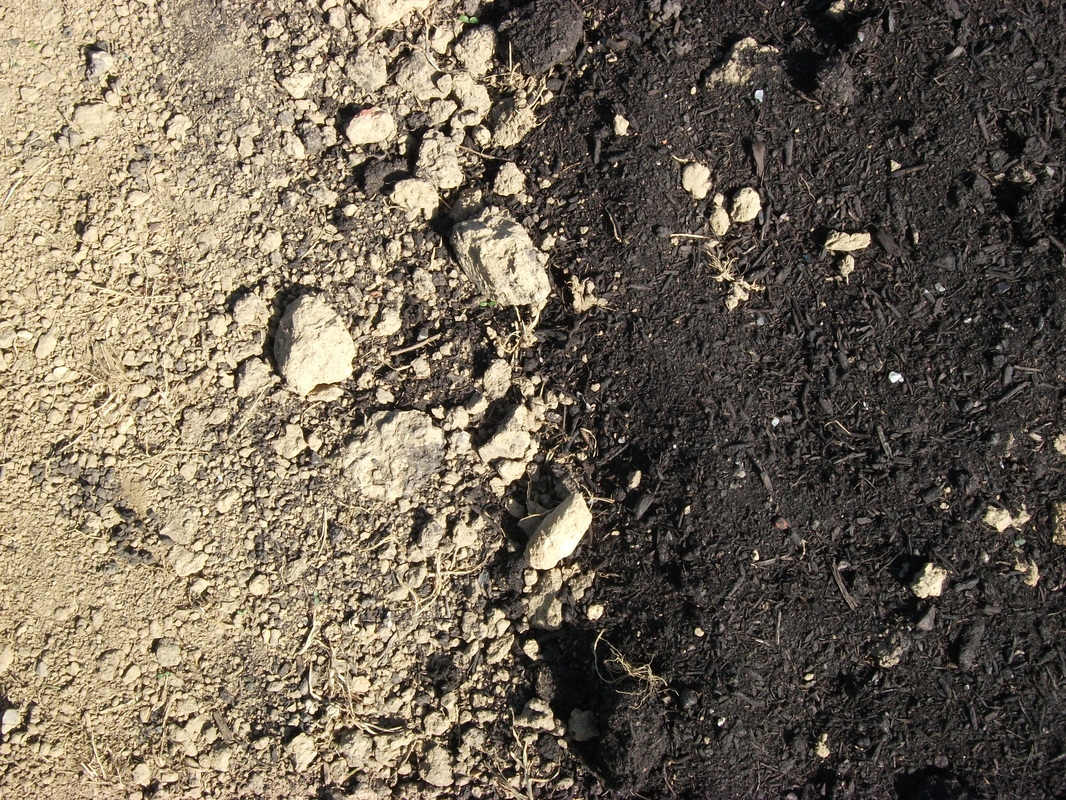
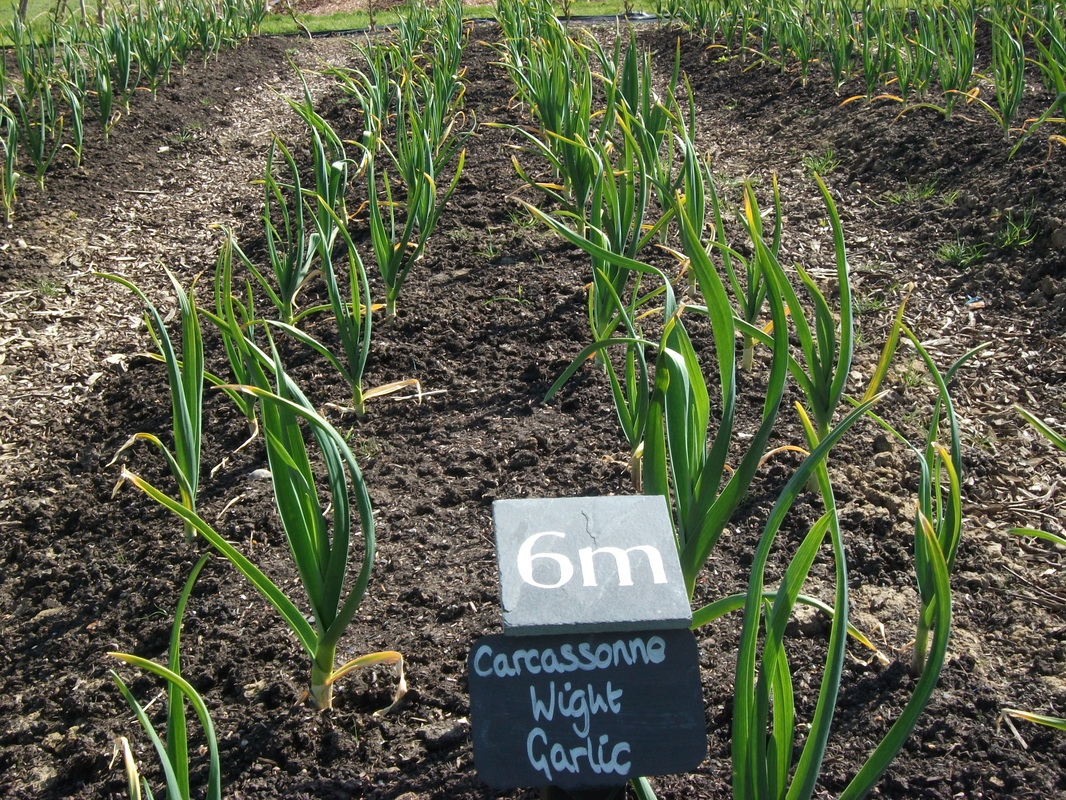
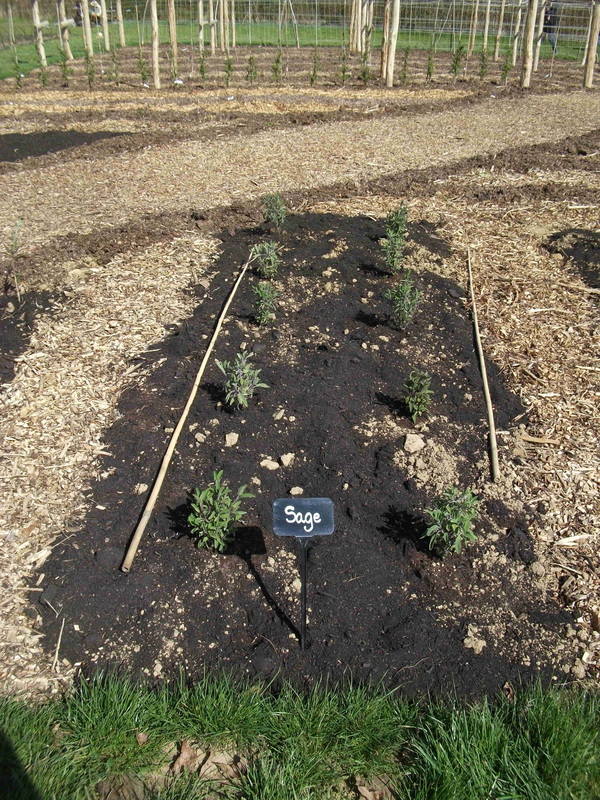


 RSS Feed
RSS Feed
